An Introduction to Buying and Exporting Insect Resins from Kenya
An Introduction to Buying and Exporting Insect Resins from Kenya
The East Africa region is home to a number of plants with unique properties. These plants have been used by locals for a variety of purposes throughout history, including as a source of food and medicine. The traditional use of these plants, particularly the insect-based resins endemic to this area, has largely remained unchanged over the years. However, we are now seeing more and more manufacturers (both large and small) enter this space to capitalize on the growing demand in Western markets. An example is the greater cane beetle (also known as the blue bottle or blue vial beetle), which has long been used as an insecticide by locals in Kenya. These insects produce a resin that can be converted into an end product that’s similar to natural ambergris—a waxy substance found in sperm whales that is highly valued for perfumery applications and can be sold for high profit margins.
What Are the Different Types of Resins Found in Kenya?
There are several types of resins found in Kenya, including the following: – Ambrosia beetle: These insects produce an amber-like substance that is known for its antimicrobial properties — the same characteristics found in natural ambergris. – Greater cane beetle: These insects produce a white and waxy resin that is similar to sperm whale ambergris. As a result, it is also used as a fixative in perfumery applications. – Indigo dye tree: This tree produces a unique blue sap that can be converted into a blue dye. – Hutto tree: The Hutto tree produces a gum that can be used in a variety of different applications.
Buying Resins from Kenya
When buying resins from this part of the world, it’s important to select the right supplier. Choosing a reputable supplier will help ensure that you receive the highest quality product, which is essential given the increasing demand in the market. To ensure you pick the right supplier, you can conduct a number of different due diligence procedures, including sending an RFQ to multiple suppliers to get a better idea of prices and lead times. Once you’ve received a response, you’ll have a better idea of which suppliers are worth pursuing. One thing to keep in mind when buying insect-based resins is that the price will largely depend on the species of insect used as well as the stage of harvest.
Exporting Resins from Kenya
As with buying resins, it’s important to select the right supplier when exporting insect-based resins from Kenya. To help you find the ideal supplier, you can conduct the same due diligence procedures mentioned above for those purchasing resins, including sending out an RFQ. However, once you’ve received a response, you’ll also need to do some additional research, such as reading through reviews and speaking to previous clients. Because insect-based resins have a limited shelf life, it’s important to identify a supplier that can provide you with fresh and high-quality products.
How to Export From Kenya
If you’re looking to export resins from Kenya, the first thing you need to do is identify the type of resin you want to export. From there, you’ll want to determine your sales price, decide how much stock you want to hold in your warehouse, and find a sales channel. Once you’ve determined these three factors, you’ll want to find a broker that can help you identify buyers and negotiate the best possible price. Once you’ve found a buyer, you’ll want to visit their location to see what type of payment methods they accept. Once you’ve completed all of these steps, you’ll be able to successfully export insect-based resins from Kenya.
Conclusion
The East Africa region is rich in biodiversity and is home to a number of plants with unique properties. These plants have been used by locals for a variety of purposes throughout history, including as a source of food and medicine. The traditional use of these plants, particularly the insect-based resins endemic to this area, has largely remained unchanged over the years. However, we are now seeing more and more manufacturers (both large and small) enter this space to capitalize on the growing demand in Western markets. An example is the greater cane beetle (also known as the blue bottle or blue vial beetle), which has long been used as an insecticide by locals in Kenya. These insects produce a resin that can be converted into an end product that’s similar to natural ambergris—a waxy substance found in sperm whales that is highly valued for perfumery applications and can be sold for high profit margins.


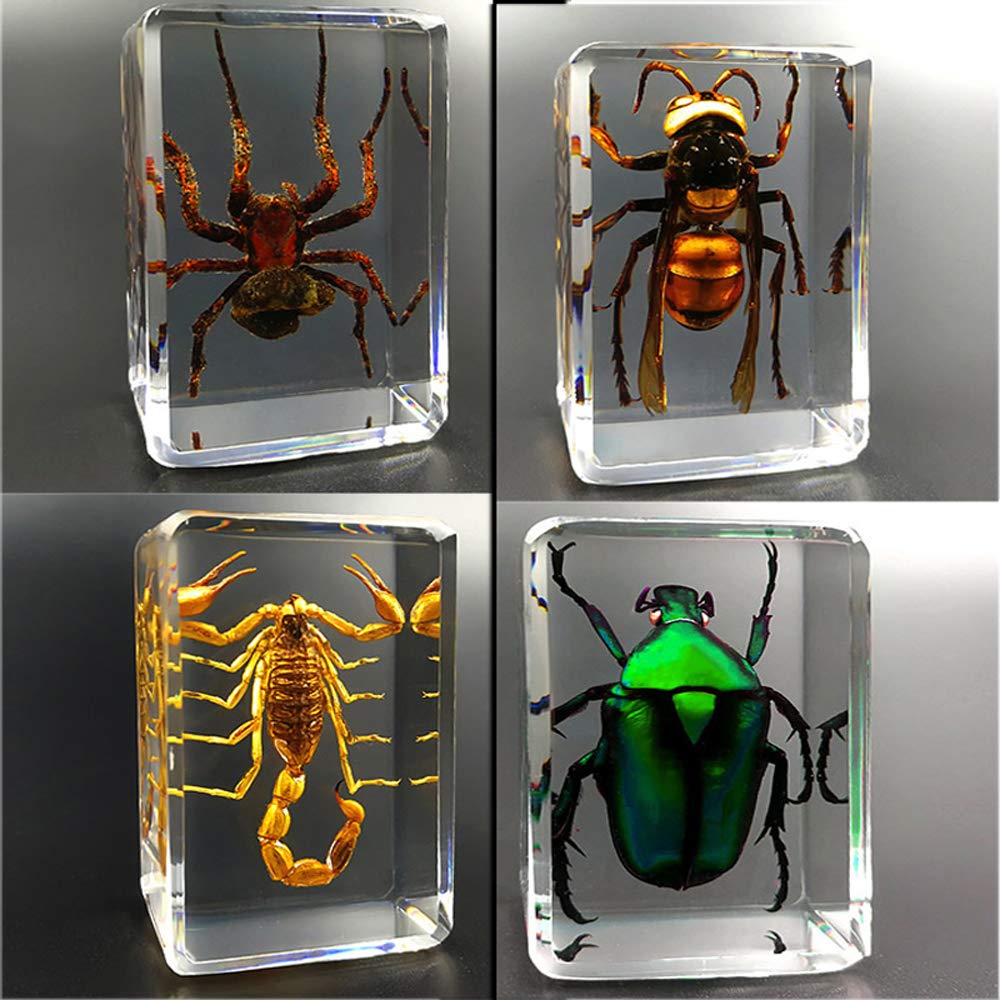
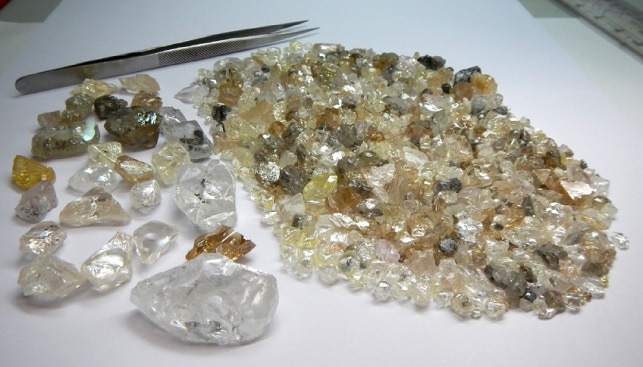
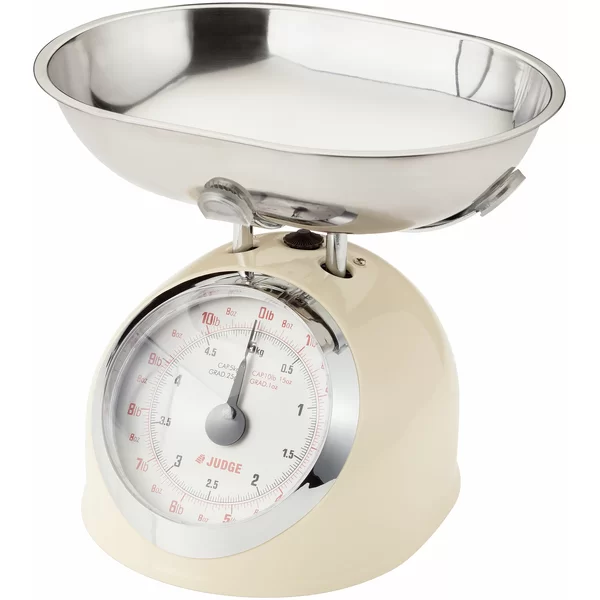
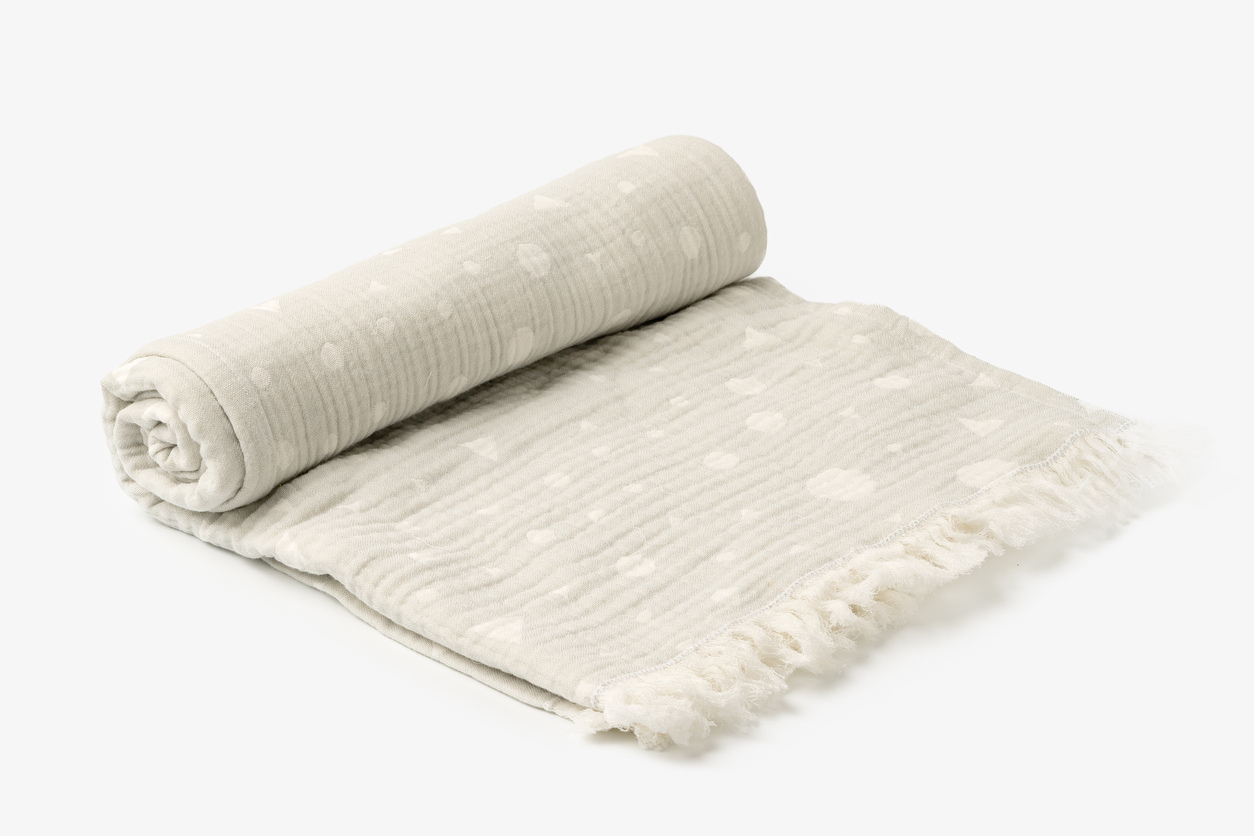
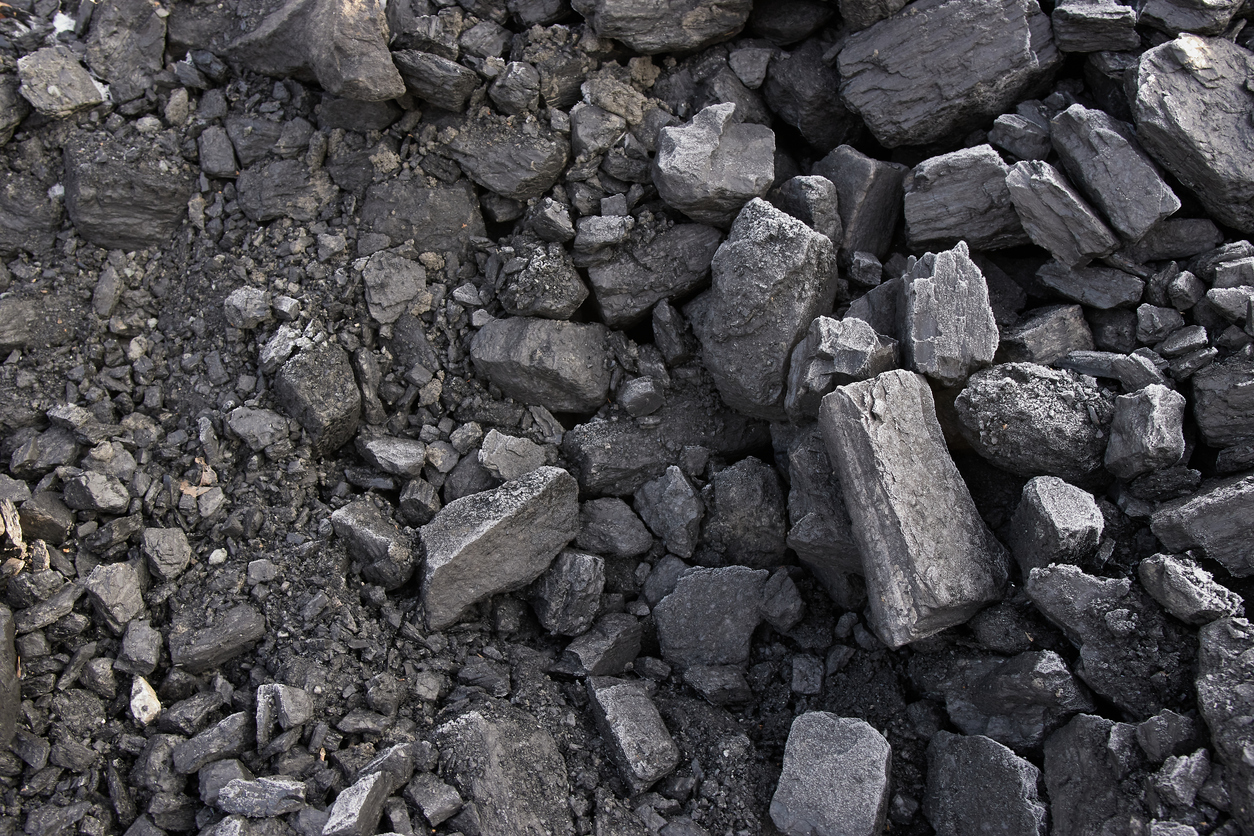
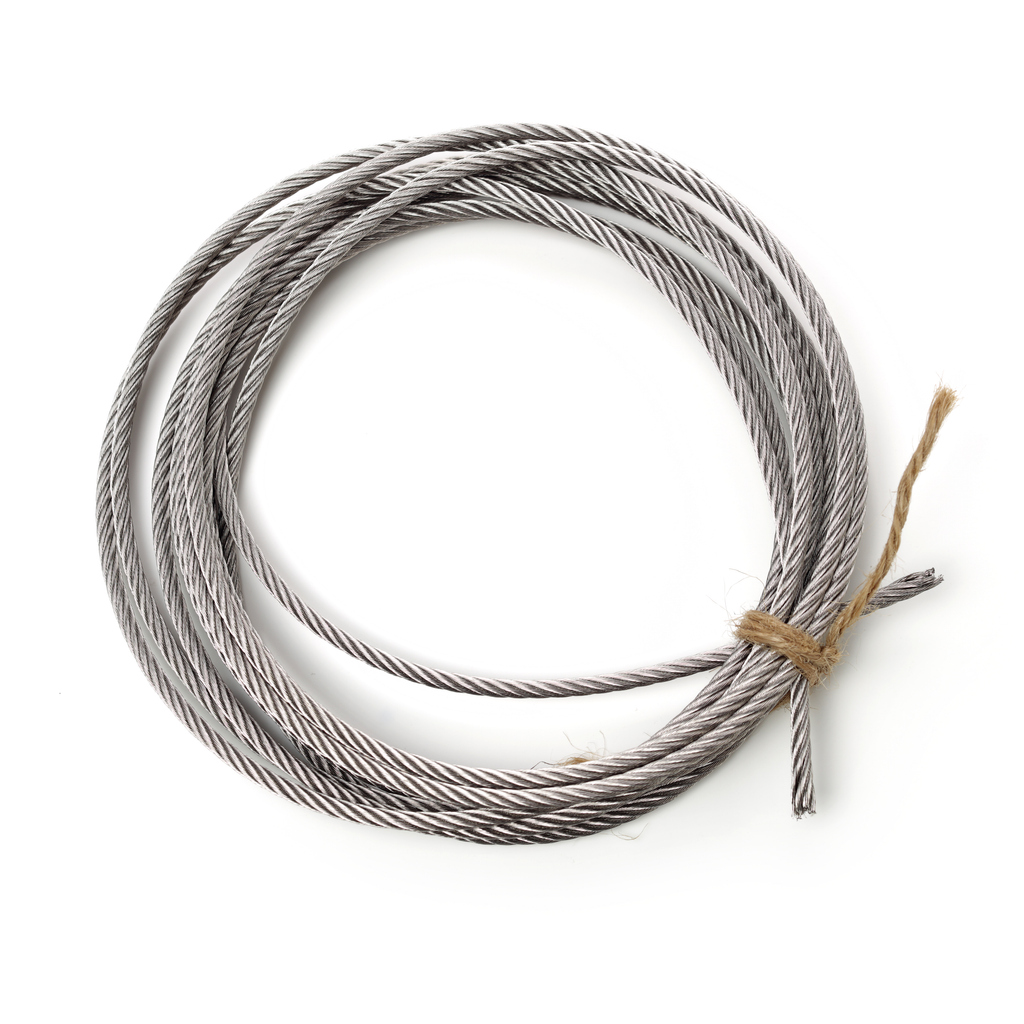
LEAVE A COMMENT
You must be logged in to post a comment.